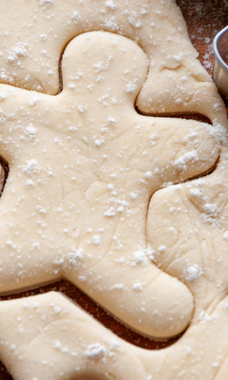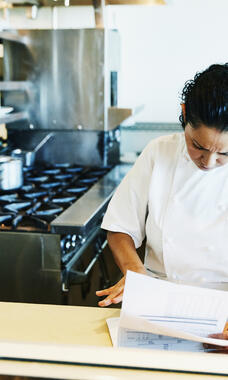Health Information in العربية (Arabic)
For Immediate Release: July 23, 2024 Media Contact: Communication Office │ Department of Health 802-863-7280 │ AHS.VDHMedia@vermont.gov Do Not Use, Buy or Sell Diamond Shruumz Microdose Mushroom Products FDA and CDC investigating dozens of serious illnesses. None in Vermont. WATERBURY...
Establishments that process food—such as sauces, salsa, salad dressings, candies, chocolates, jams and jellies, etc.—for retail or wholesale markets, as well as food warehouses and distribution centers, must apply for a food processor license.
For Immediate Release: July 12, 2024 Media Contact: Ben Truman │ Department of Health 802-316-2117 │ 802-863-7280 AHS.VDHMedia@vermont.gov Health Department Resources and Guidance for Safe Flood Recovery HealthVermont.gov/Flood WATERBURY, VT – As people throughout Vermont begin recovery from yet another...
Health Department regulations allow some small businesses to operate in a primary residence using standard home equipment.
Through this web portal, you can learn more about the inspection process and view recent inspection reports for food and lodging establishments throughout Vermont.
Search here for free food safety resources for our license holders.
Retail food establishments include restaurants, catering companies, food trucks and push carts, as well as seafood vendors and limited operation establishments.



